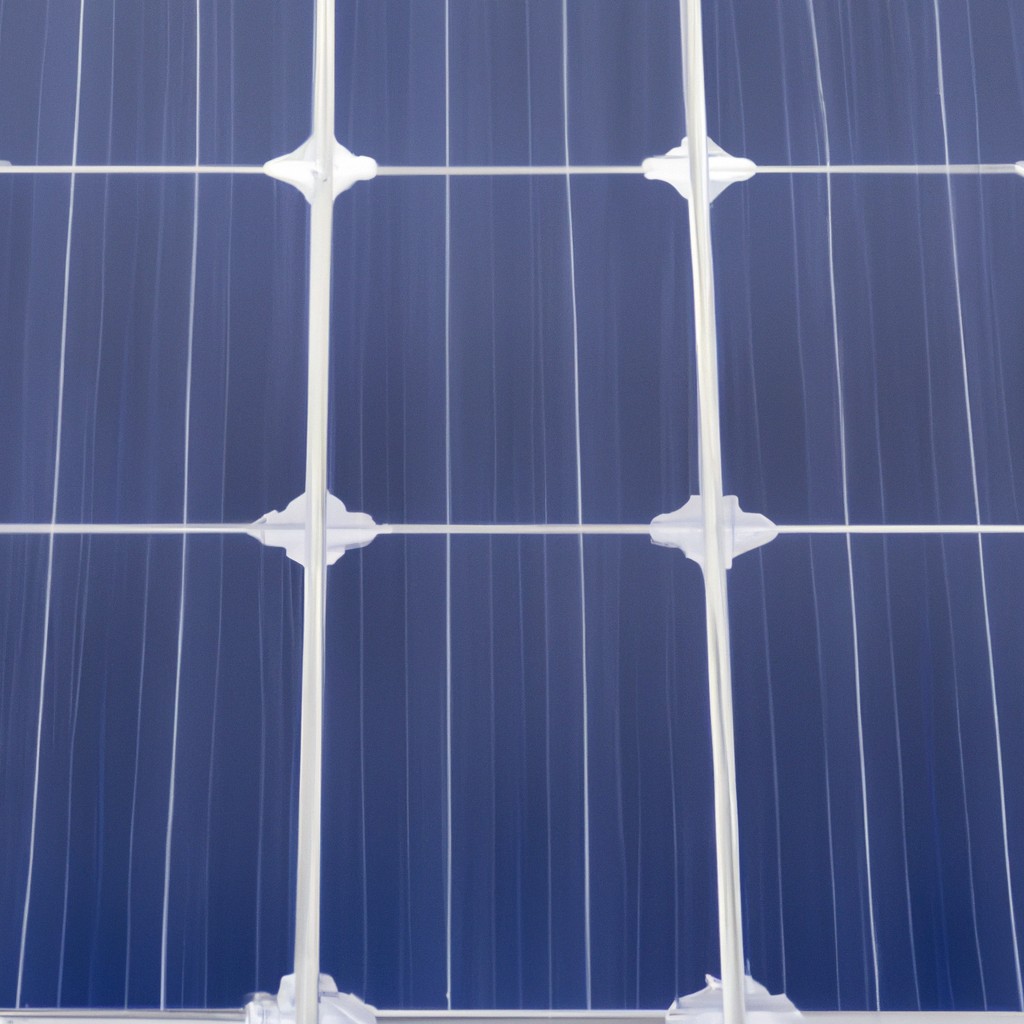Solar panels do generate electricity on cloudy days, though their efficiency drops compared to sunny conditions.
Key takeaways:
- Solar panels generate electricity on cloudy days, but with reduced efficiency.
- On average, solar panels can produce about 10-25% of their rated capacity under overcast conditions.
- Diffuse sunlight that reaches the Earth’s surface still contributes to energy production.
- Advances in photovoltaic technology optimize solar panel performance in cloudy weather.
- Net metering credits solar energy system owners for the electricity they add to the grid.
Solar Panel Efficiency On Cloudy Days

Solar panels harness sunlight to produce electricity, but their efficiency doesn’t drop to zero when clouds curtain the sky. While it’s true that output diminishes, they still generate power, albeit at a reduced rate.
On average, solar panels can produce about 10% to 25% of their rated capacity under overcast conditions. This variance depends on the density and type of cloud cover.
The key to understanding this lies in the diffuse sunlight that still reaches the Earth’s surface even when clouds are present. Photovoltaic cells in solar panels can capture both direct and scattered light, the latter being prevalent during cloudy weather. Moreover, some modern panels are specifically designed with advanced materials and grid patterns that allow them to capture diffused light more efficiently.
While conventional monocrystalline or polycrystalline solar panels have a certain tolerance to lower light conditions, thin-film panels offer even better performance in diffuse light. Keeping solar panels clean and free from obstruction also ensures they capture as much available light as possible during cloudy days.
Cloudy Weather Impact On Solar Energy Production
Solar panels harness light, not heat, so even during overcast conditions, they continue to generate electricity. Although the output is reduced, a decrease to about 10-25% of the capacity is a common range on a cloudy day, depending on the cloud thickness and the quality of the solar panels.
Diffuse light, which is sunlight that has scattered through clouds, still contributes to energy production. Modern photovoltaic cells can capture different spectrums of light, meaning they can utilize the diffuse light on cloudy days effectively.
Moreover, some types of clouds can have a magnifying effect, temporarily boosting the power output. This happens when the edge of a cloud focuses sunlight onto the panels. While not a consistent factor, it does contribute to the overall energy yield.
To combat the inconsistent nature of solar production during cloudy weather, many systems are connected to the electricity grid or use battery storage to maintain a stable power supply. Solar panels do not shut off during cloudy weather; their efficiency merely decreases but does not cease.
Technologies That Optimize Solar Panel Performance On Cloudy Days
Advances in photovoltaic (PV) technology have led to the development of solar panels that capture a broader spectrum of sunlight, including diffuse light prevalent on cloudy days. Bifacial solar panels, for example, can capture light from both their front and back sides, utilizing reflected light from the surrounding environment. Furthermore, panels with anti-reflective coating enhance light absorption and minimize losses.
In addition to panel technology itself, maximum power point tracking (MPPT) charge controllers enable solar systems to adjust their electrical operating point to harvest the maximum power possible from the PV array under varying light conditions. Integration of micro-inverters, as opposed to traditional string inverters, ensures each panel operates independently, maximizing energy production even when some panels are shaded or covered by cloud.
Lastly, the use and implementation of solar concentrators, although more common in large-scale solar installations, can intensify low-light conditions to improve performance. These technologies combined contribute to the resilience of solar energy systems, maintaining a level of productivity even during overcast weather.
Benefits of Net Metering for Solar Users
Net metering serves as a significant incentive for solar users, especially on days with limited sunlight. This billing mechanism credits solar energy system owners for the electricity they add to the grid. On sunny days, solar panels might generate more power than a home uses; net metering allows homeowners to send this excess energy to the grid in exchange for credits.
On cloudy days, when panels produce less electricity, homeowners can use these credits to draw energy from the grid, effectively reducing their electricity bills and ensuring a steady supply of power. The financial advantage provided by net metering encourages the adoption of solar power and offers a buffer against the variability of solar energy production due to weather conditions.
Strategies for Maximizing Solar Power Use On Overcast Days
To enhance the efficacy of solar panels during overcast conditions, consider implementing the following measures:
- Energy Storage Systems: Invest in batteries to store excess energy on sunny days. This reserve can be used when solar output is lower.
- Load Shifting: Perform energy-intensive activities, like laundry or charging electric vehicles, when sunlight is at its peak, typically around midday.
- Regular Maintenance: Keep panels clean and free from debris to ensure optimal light absorption, even during limited sunlight.
- Energy Management: Use smart home devices to monitor and regulate energy consumption, shifting usage to the brightest times of day.
- Panel Positioning: Install panels at an angle that captures the most sunlight over the year, considering both direct and diffused light on cloudy days.
By applying these strategies, you can significantly improve your solar system’s performance, even when the sky is overcast.




